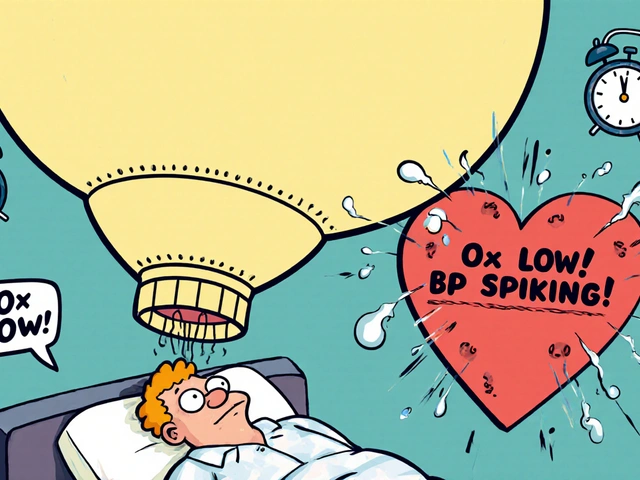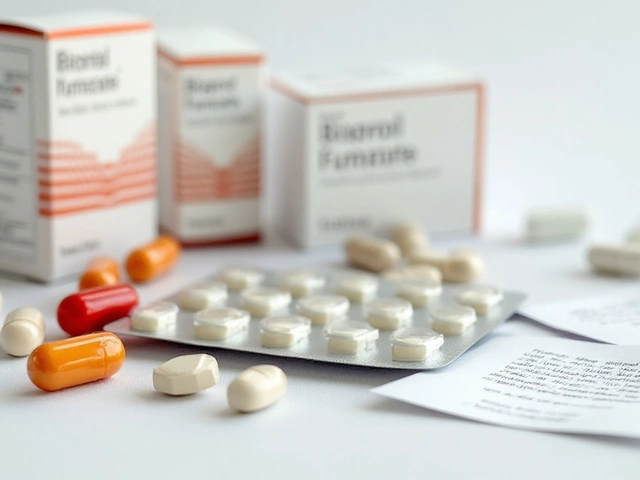Antibiotic Substitutes: Safe Alternatives and When to Use Them
Not every infection needs an antibiotic. Sometimes other treatments work just as well — and with fewer side effects. This page explains practical substitutes, when they make sense, and what to ask your clinician before skipping antibiotics.
When antibiotics aren’t the right choice
Antibiotics fight bacteria, not viruses. So for colds, most sore throats, and many sinus infections, symptoms can often be managed without antibiotics. Doctors may suggest watchful waiting, pain relief, nasal care, or short courses of symptomatic meds instead. For minor skin infections or small wounds, cleaning and proper wound care may be enough. Always seek immediate care for high fevers, breathing trouble, spreading redness, or signs of sepsis — those need antibiotics fast.
Practical alternatives you can talk to your doctor about
Here are common, evidence-based alternatives used in specific situations:
Topical antiseptics and dressings: Clean wounds with saline, use chlorhexidine or povidone-iodine for skin antisepsis, and consider silver-impregnated dressings for chronic wounds. These reduce local bacterial load without systemic antibiotics.
Drainage and wound care: For abscesses, draining and keeping the area clean can cure the problem without pills. Proper debridement and dressing changes are often the most important steps.
Honey (Manuka) and medical-grade products: Medical-grade honey has documented antibacterial properties for some wound types. It’s a good local option when used under guidance.
Probiotics and fecal microbiota transplant (FMT): For recurrent C. difficile infections, restoring healthy gut bacteria — via probiotics or FMT — can be more effective than repeated antibiotics. Ask a specialist about this if C. difficile keeps coming back.
Bacteriophage therapy: Phage therapy uses viruses that target specific bacteria. It’s not yet standard everywhere, but some centers offer it for stubborn, drug-resistant infections.
Non-antibiotic drugs and monoclonal antibodies: In certain infections, targeted biologic treatments or drugs that neutralize toxins can help. These are used in hospitals and specialty clinics.
Vaccination and prevention: Vaccines prevent bacterial infections like pneumococcal disease and reduce antibiotic need. Good hand hygiene, safe food handling, and wound care also cut infection risk.
Before trying any alternative, ask your provider: Is this safe for my condition? Will it delay needed treatment? How will we monitor progress? If symptoms worsen, get evaluated quickly — what looks minor can become serious.
NowRx.com offers clear guides on antibiotic alternatives, wound care, and safer medication choices. Use reliable info, ask direct questions, and always follow medical advice for serious infections.




